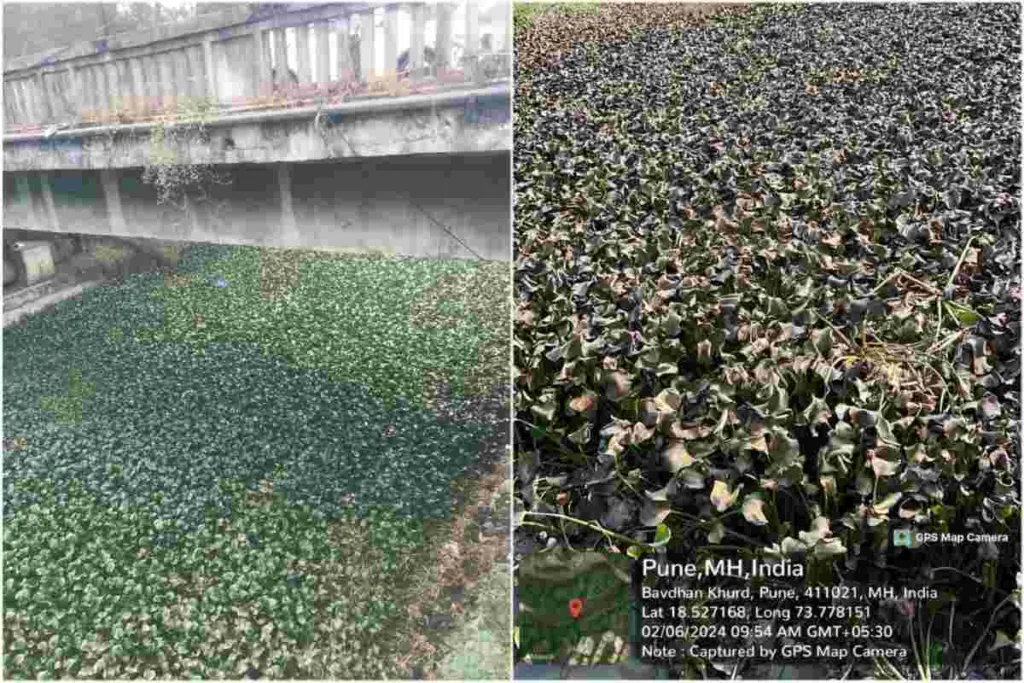Pune Municipal Corporation’s Bio Enzyme Experiment Targets Water Flow Reduction and Mosquito Control

Pune Municipal Corporation's Bio Enzyme Experiment Targets Water Flow Reduction and Mosquito Control
A groundbreaking experiment initiated eight days ago by the Pune Municipal Corporation aims to curtail water flow and tackle the persistent issue of mosquito infestation in the city.
Vikram Kumar, Commissioner of the Pune Municipal Corporation, recently visited Pashan Lake to oversee the implementation of this innovative approach, focusing on natural water leaf elimination using Bio Enzymes.
The experiment at Pashan Lake introduces a unique method leveraging beneficial bacteria within the water to degrade essential elements vital for aquatic life. By strategically deploying Bio Enzyme packets, the process has begun to effectively reduce waterfowl populations while potentially enhancing oxygen levels in the lake.
The city currently grapples with mosquito nuisance, particularly in Kharadi, along with waterlogging concerns in areas like Pashan, Jambhulkar Lake, and the MulaMutha riverbeds. These issues not only disrupt daily life but also foster mosquito breeding, exacerbating public health risks.
Despite substantial investments by the Pune Municipal Corporation over the years, waterlogging persists as a significant challenge. The Bio Enzyme experiment offers a promising solution that could potentially be scaled across the entirety of Pune City, mitigating the spread of mosquito-related issues beyond Kharadi.
Initial observations at Pashan Lake reveal a notable reduction, with 50% of aquatic plants in the rock pool showing signs of degradation.
Dilip Pavara, executive engineer, Environment Department, Pune Municipal Corporation (PMC), expressed optimism, stating, “In the next 4-5 days, we’ll have a clearer understanding of the experiment’s efficacy. While reemergence is possible after 15 days, our team is diligently monitoring to prevent recurrence.”
Addressing public concerns, Pavara emphasized that Bio Enzymes should not be misconstrued as harmful chemicals. Contrary to fears of aquatic life endangerment, Bio Enzymes are designed solely to regulate water flow without adverse effects on aquatic ecosystems.
The success of this experiment holds significant promise not only for mitigating water flow issues but also for combating mosquito proliferation, marking a significant step forward in Pune’s efforts towards sustainable urban management.
Manasi Patil










